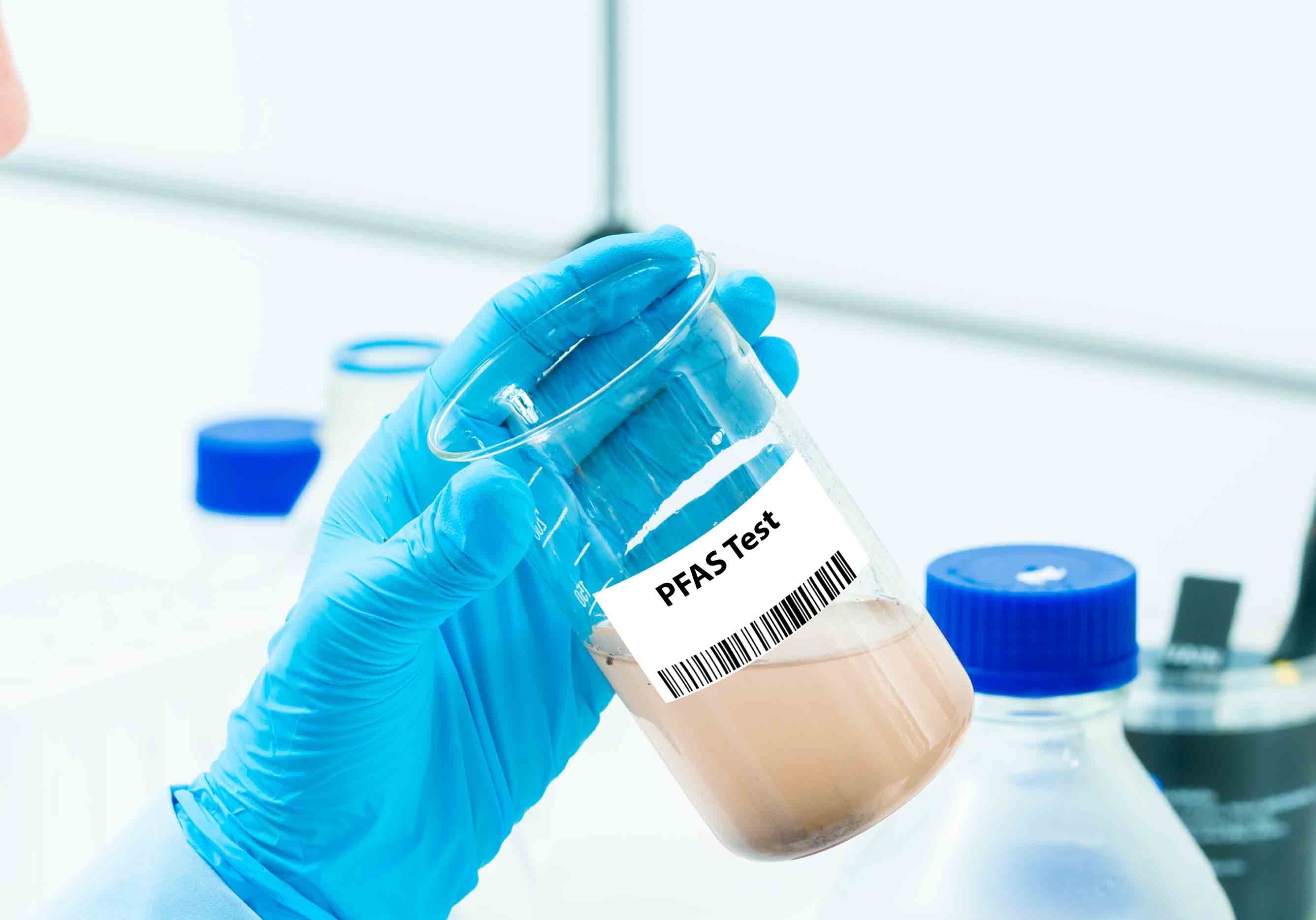Pre-Birth Exposure to Forever Chemicals May Harm the Immune System
Sept. 23, 2025
For some time, scientists have thought that per- and polyfluoroalkyl substances (PFAS) — better known as forever chemicals — can harm the immune system. Studies have even shown that contact with PFAS can lower a person’s response to certain vaccines. PFAS are very hard to break down, so they build up in both the environment and people. More than 95% of people in the United States have PFAS in their blood. But the specific effects of PFAS exposure in utero and in early life are not well known.
With support from the NIH Clinical and Translational Science Awards (CTSA) Program, researchers at the University of Rochester School of Medicine and Dentistry studied 200 healthy mother-baby pairs during the first trimester of pregnancy and followed them through the babies’ first birthdays. The research team tested the mothers’ blood for PFAS levels during the second trimester of pregnancy and then measured certain immune cells in the babies at birth and again when the babies were 6 months and 12 months old. The team used this data to study the link between the mothers’ PFAS levels and the babies’ immune cell counts.
Babies whose mothers had increased concentrations of PFAS had lower levels of certain T cells that work to strengthen key parts of the immune system, such as B cells. This reduction could help explain why PFAS exposure leads to weaker vaccine responses. In addition, babies who had been exposed to higher levels of PFAS had greater numbers of other T cells that, when they are overactive, have been linked to allergies and autoimmune disorders. The researchers also noticed that the effect of PFAS exposure on the babies’ immune cells became stronger as the children grew. This means the initial effect of PFAS on a child during pregnancy may grow to have even greater impact later in a child’s life.
The results appear in PubMed.



